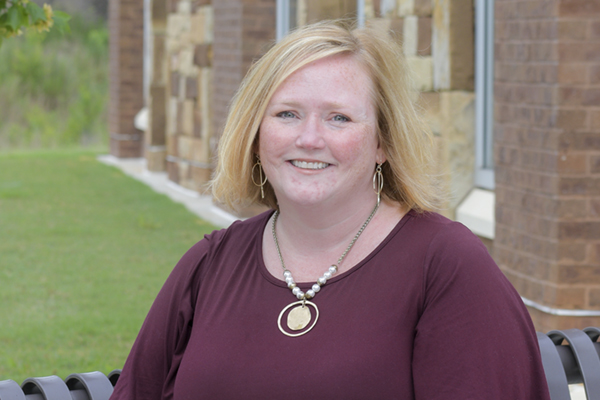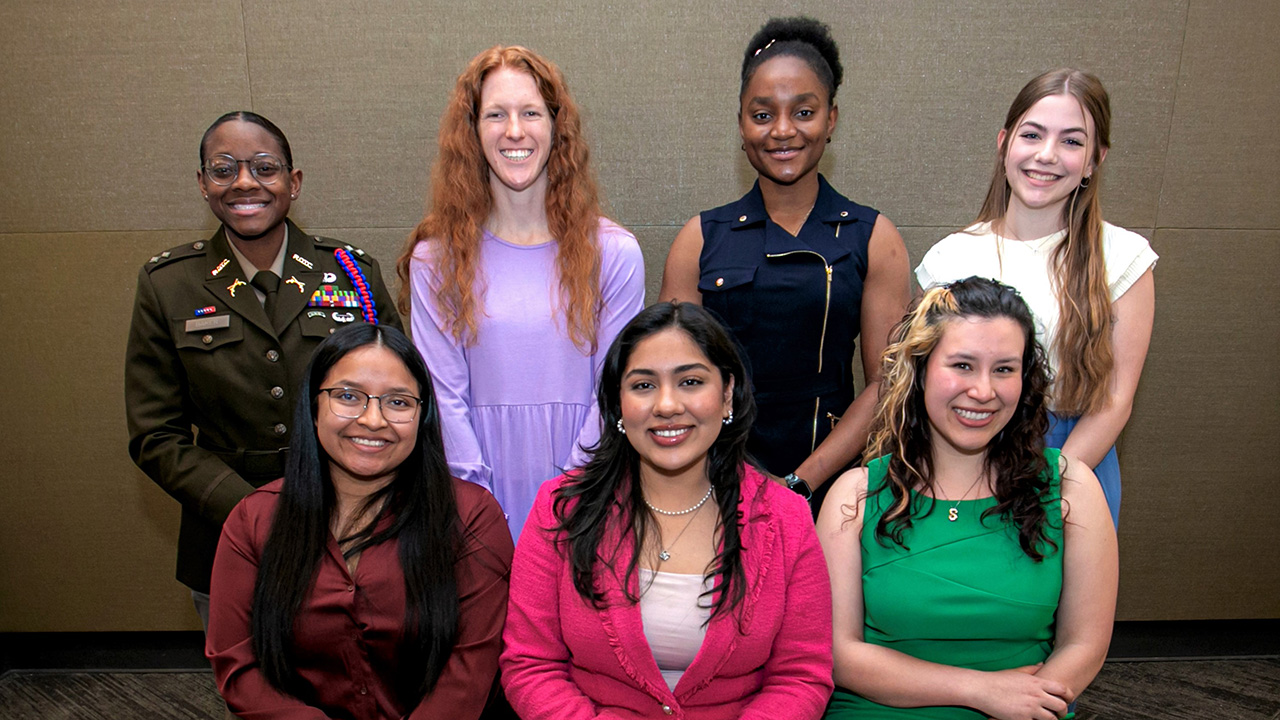College of Education begins autism endorsement program

Article By: Staff
As a practicing educator, Dr. Brooks Peters noticed a trend developing among elementary school students. More children were being diagnosed with autism spectrum disorders (ASD).
The Centers for Disease Control and Prevention (CDC) confirmed this based on a 2016 study. According to the study's results released in March 2020, about 1 in 54 children at age 8 in 11 states were identified as having ASD. States in the study were Arizona, Arkansas, Colorado, Georgia, Maryland, Minnesota, Missouri, New Jersey, North Carolina, Tennessee, and Wisconsin.
This new ratio marked an uptick from the 1 in 59 children having ASD in 2014, according to estimates from CDC's Autism and Developmental Disabilities Monitoring (ADDM) Network.
"That's extremely high," said Peters, assistant professor of elementary and special education at the University of North Georgia (UNG). "These students have a specific range of needs, and their teachers need to have strategies to educate them."
Peters spent the past two years developing a program to help elementary and special education teachers. The autism endorsement program launched its first cohort in June 2020 with 11 participants.
 |
|
Dr. Cristina Washell, associate professor and interim head of the Department of Elementary and Special Education, has been supportive of the autism endorsement program. |
"Dr. Peters has dedicated a lot of her energy to give these educators evidence-based practices that will be effective in the classroom," said Dr. Cristina Washell, associate professor and interim head of the Department of Elementary and Special Education.
The autism endorsement program is divided into four courses completed in four semesters, with the first cohort starting in summer 2020 and ending in summer 2021. The plan of study includes:
- Advanced Applied Behavior Analysis
- Assessment and Instructional Planning for Students with Autism Spectrum Disorders
- Methods for Teaching Functional and Communication Skills to Students with Autism Spectrum Disorders
- Methods for Teaching Academics and Socialization to Students with Autism Spectrum Disorders
Peters, who has 22 years of classroom experience, will teach all four courses.
"I am really excited about teaching the instructor strategies course," she said. "When I was a teacher and used evidence-based practices for these students, I saw it worked. It was exciting to me."
Peters said since most of the teachers in the course are educators in the field, they can use the strategies immediately in the classroom.
"Just because children have been diagnosed on the autism spectrum, it doesn't mean they will be placed in special education courses or receive the assistance they need," she said. "Teachers need to know what strategies work for these students."
While some teachers have special education training, it might not address issues for students with autism. UNG's endorsement course will offer them that instruction.
"We want to fill in those gaps and give them strategies for their toolbox," Peters said.
Washell explained many current educators have clamored for this specific training.
"We had various school districts, which we partner with, reach out because they were looking for the autism endorsement," she said, adding participants will receive graduate-level credit too. "As a department, we are excited to have this resource for school systems, and now we have a top-notch program for teachers who are working with children who are on the spectrum. There is a need for it."
For more information, visit the autism endorsement webpage.



